Thinking Out Loud
Deep dives, interviews, startup features, and the latest from the FemTechnology network.
From the Archives
Years of research, interviews, and analysis.
Deep Dives & Think Pieces
Long-form analysis on the gender health gap, femtech market, and systems innovation.
Founder & Researcher Interviews
Conversations with the people building the future of women's health.
Startup Features
Profiles of the startups innovating across fertility, diagnostics, and digital health.
The Future of FemTech
Where the industry is heading. Trends, analysis, and strategic outlook.
Fresh from Substack
Our latest newsletters and deep dives.
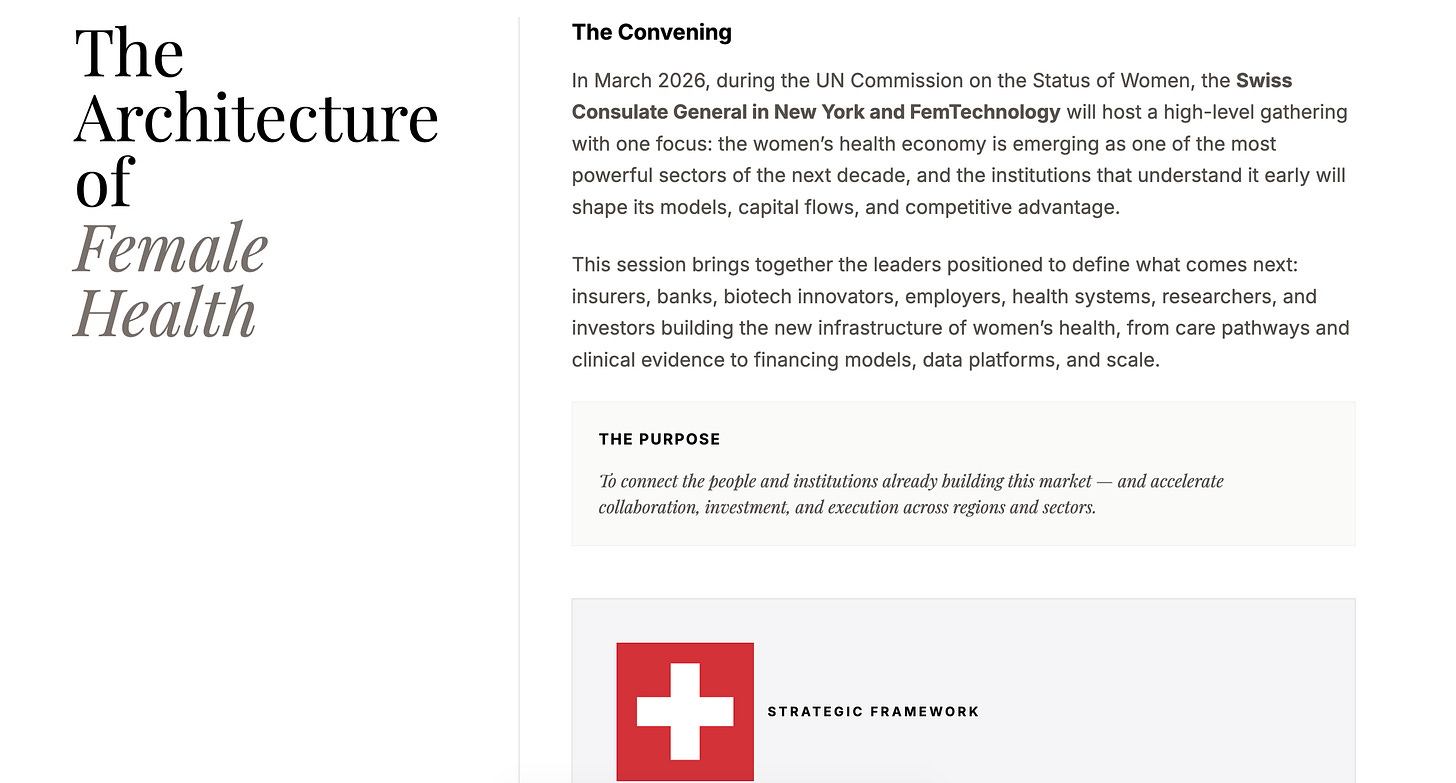
What Happens When You Treat Women's Health as Infrastructure?
What does it actually cost when a health system wasn’t designed for half the population, and what would it take to redesign it?That’s the question at ...
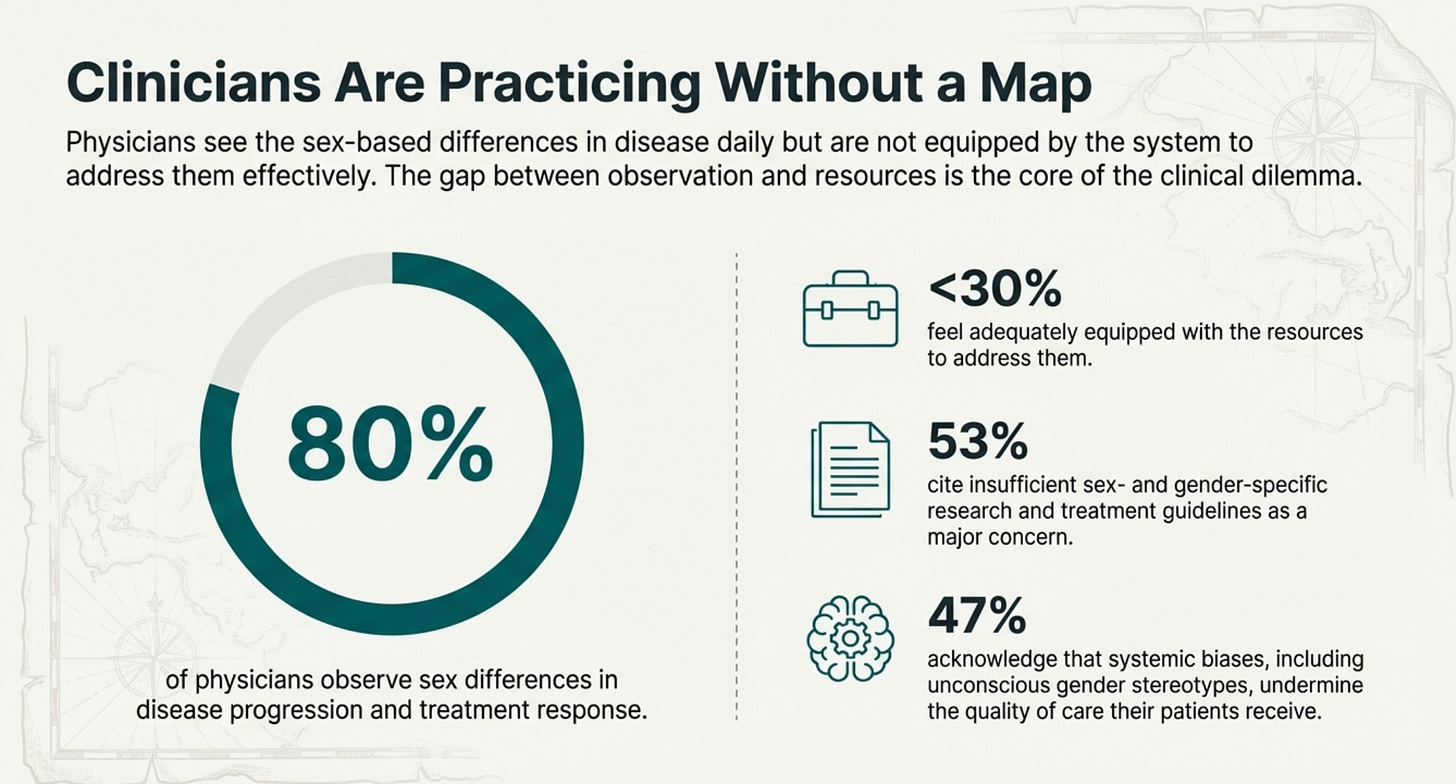
When the System Doesn’t Fit the Patient: New Evidence on the Hidden Gaps in Women’s Healthcare
There’s a strange paradox unfolding in healthcare.On one hand, medicine has never been more advanced: AI-driven diagnostics, precision oncology, gene ...
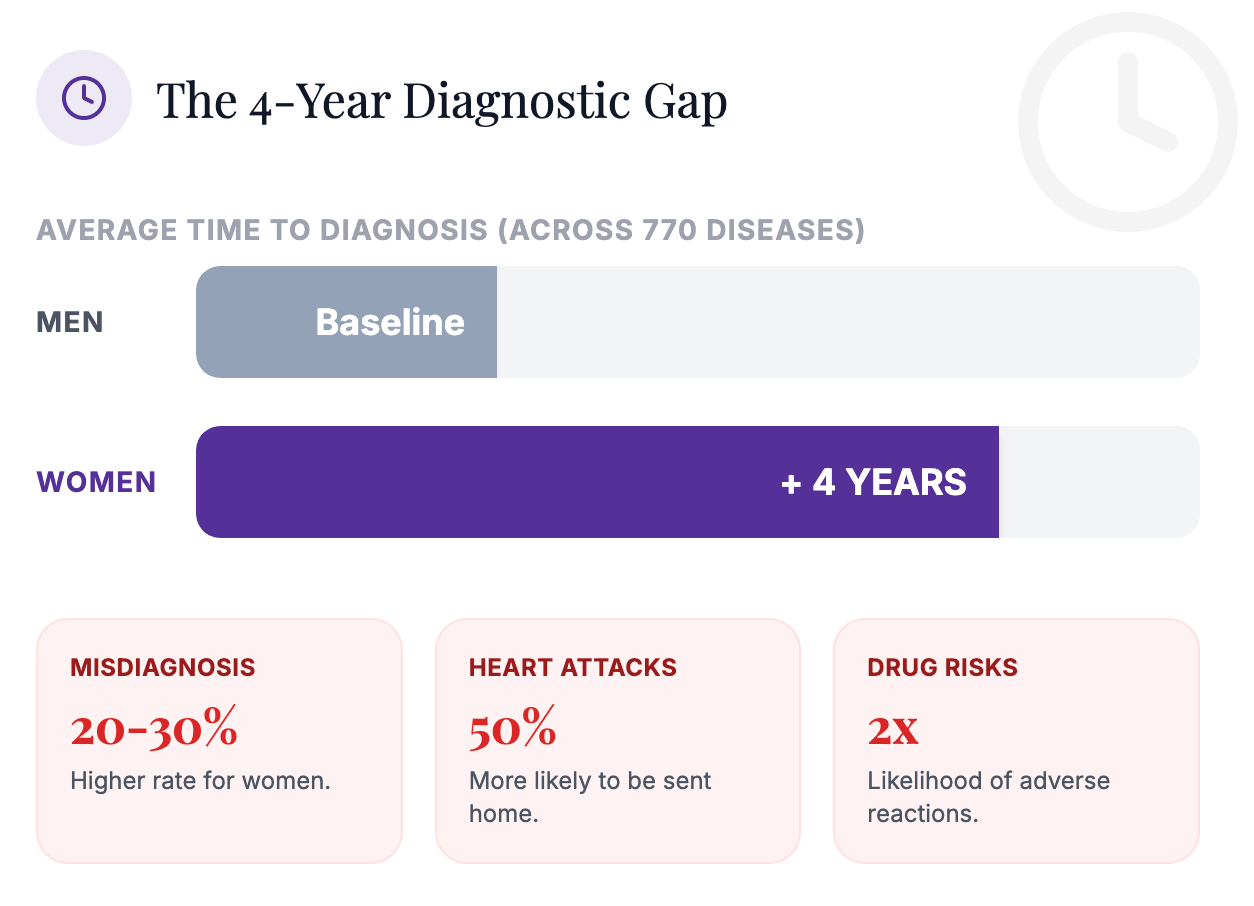
The Hidden Price of Being a Woman at Work
For decades, the story has been painfully consistent: women wait longer for diagnoses, are more likely to be dismissed when they describe symptoms, an...
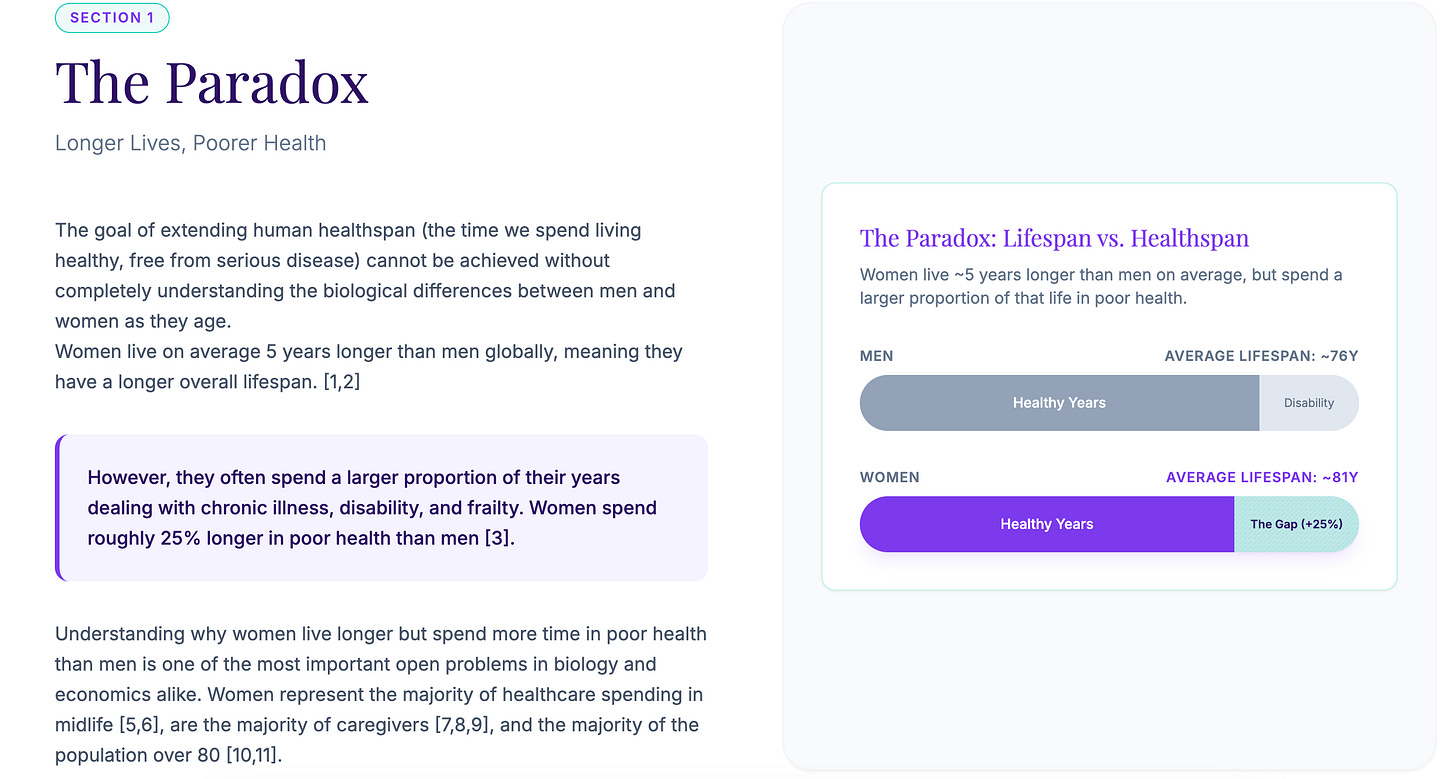
Ageing is not neutral - a new FemTechnology Report on Longevity
Longevity is having a mainstream moment. Aging clocks, senolytics, mitochondrial rejuvenation, precision health. The conversation is expanding fast. Y...
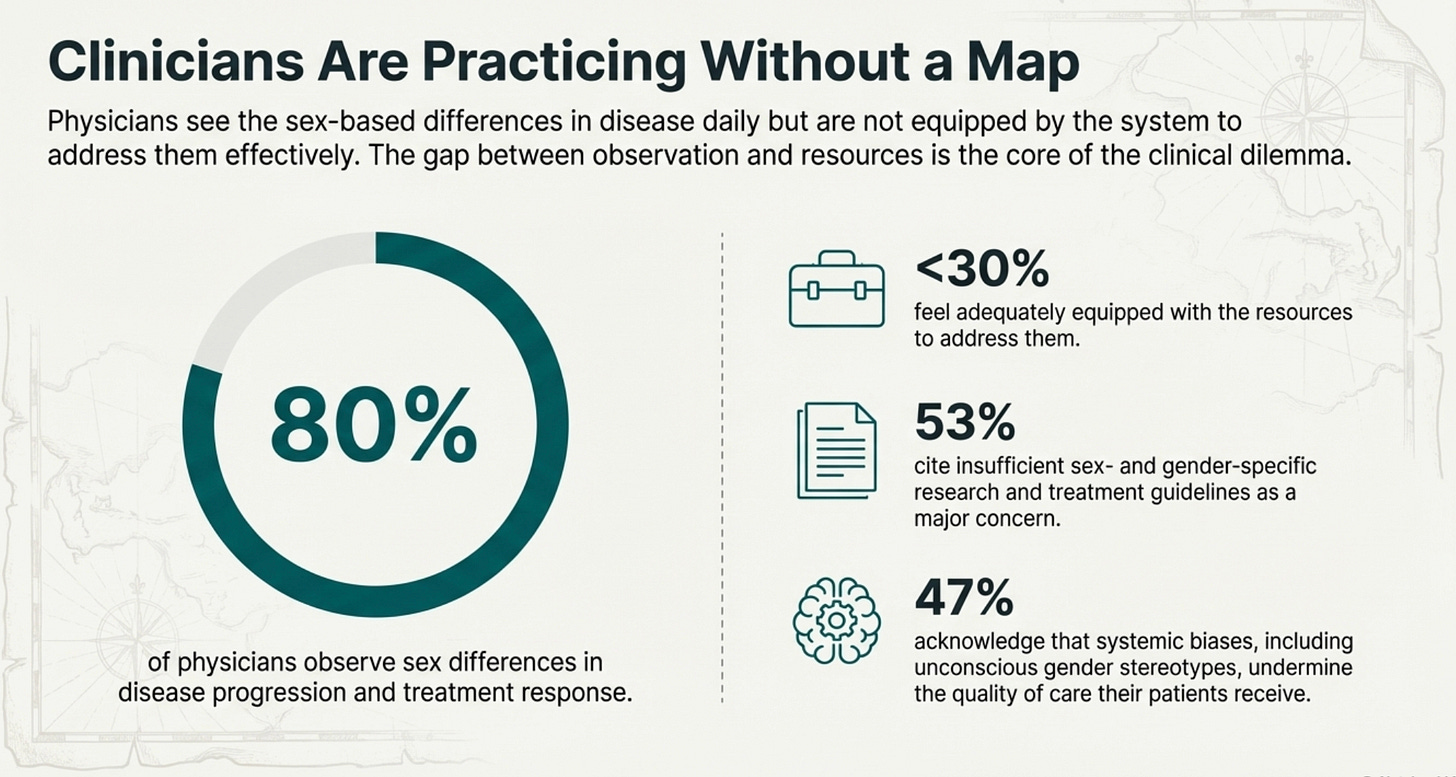
The Hidden Gaps in Women's Health: Unveiling the Impact of Overlooked Women’s Health in Clinical Practice
For years, the conversation around women’s health has focused on a familiar headline: delayed diagnosis, male-centric research, higher rates of advers...
Subscribe on Substack
Join 5,000+ innovators. Weekly deep dives on the women's health economy, AI, and what comes next.
Read on Substack